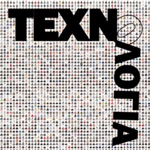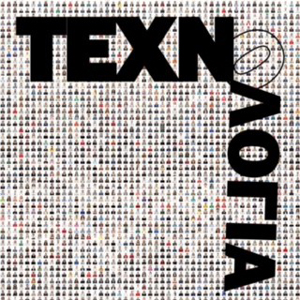The energy changer, Birgit Cakir, δημοσίευση στο Ars Electronica Blog [15/12/2022]

Citizen Science has many faces, Elias Silber is one of them: His commitment optimized the energy balance of Ars Electronica within a minimum of time.
Citizen Science happens when science is emerging in the midst of our society. At home. Out in nature. Or at work, for example in a museum: in the spaces of the Ars Electronica Center, research is done every day. But it’s not only in the labs and exhibition halls that those great contributions are created that we all know well from our science show stages. Tucked away behind the scenes of the Future Museum, Elias Silber works in the facility tech crew. He is one of the team’s great idealists. As a self-confessed Citizen Scientist, he has been thinking about a crucial question, – not just in light of the ever-increasing cost of energy: Can’t a museum of the future be run in a much more energy-efficient way?
With his research and measures, he has made himself a name throughout the entire institution in a very short time. Since he started working at the Ars Electronica Center as an facility technician, he has been able to reduce the museum’s electricity consumption by 35 to 40 percent. We want to give him, as well as many other non-scientists, DIY scientists and amateur researchers, a stage here, and soon, – at the Ars Electronica Center with the Citizen Science Days. We talked to the electrician about his research because we wanted to know how exactly he succeeded in this future project.
Electrician, researcher and visionary
Elias Silber is a quiet guy, in T-shirt and working pants from Engelbert Strauss. His realm is hidden behind the LED facade, in the fuse boxes, between pipes and cables, in the technician’s office and sometimes even on the roof. As a trained electrician, he worked for the E-Tech company for 10 years. After that, he was a facility technician and deputy fire safety officer at the Landes Frauen- und Kinderklink in Linz for 11 years. Since 2021, he is part of the Ars Electronica team. ” The high power consumption was something I took personally,” jokes the 34-year-old from the Mühlviertel region of Austria. “So I really got into it. Actually, it wasn’t that difficult.”
“Technically, a lot is possible, of course,” he then continues to reflect, “but energy efficiency is always a company-wide learning process as well. As a building services engineer, you play a crucial role as part of the team. If you can create a technical infrastructure to use energy reasonably, that’s the best prerequisite. But if we don’t all rethink together, we won’t be able to fully exploit the potential. After all, it’s not technology as such that will solve our problem with high energy consumption. Above all, it is the awareness of the employees that contributes significantly to how energy-efficiently an institution or a company operates.
Η συνέχεια εδώ.





